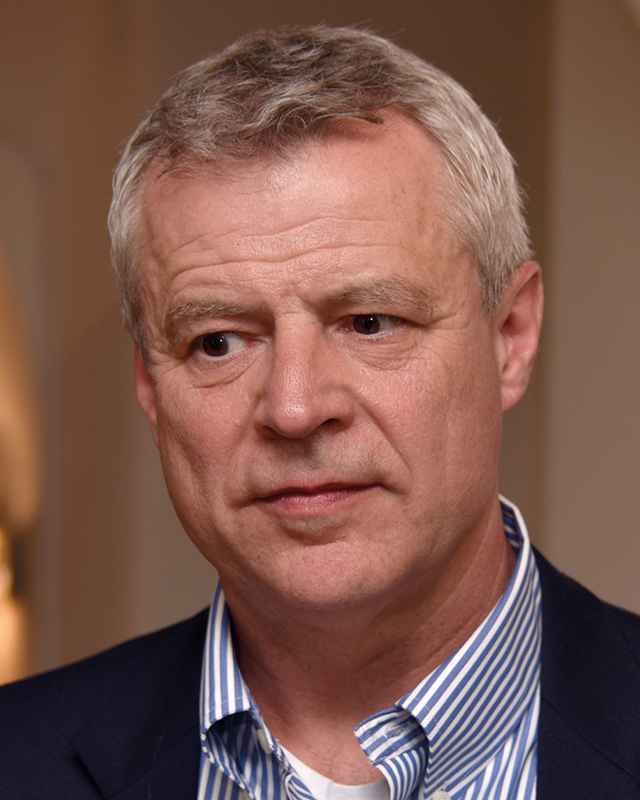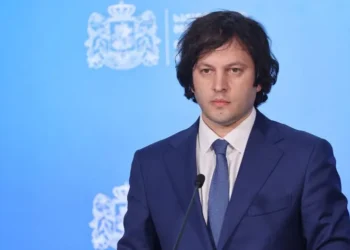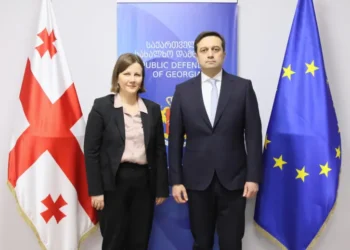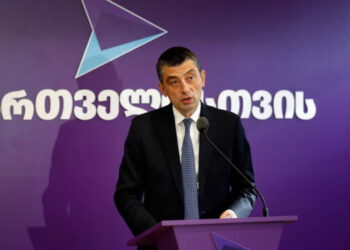Something is rotten in the Czech Republic, or, rather, was, until Prague promptly expelled 18 Russian diplomats in retaliation for two military base explosions in Vrtebice in 2014. The Czech investigation showed said explosions had been masterminded by the inimitable GRU duo of “Petrov” and “Boshirov,” the very same intrepid explorers and Salisbury Cathedral aficionados that were to blame for the Skripal family poisoning in the UK in 2018. It was precisely the Skripal incident that saw the protracted investigation come to a startling reveal due to newfound information.
As the diplomatic standoff between the two countries continues, it is as yet unclear what price will Kremlin have to pay. Petr Kolár, former Czech Ambassador to Sweden, Ireland, the US and Russia, and Jakub Kalensky, Senior Fellow at Atlantic Council (Czech Republic), think Russia may soon have to witness its long-entrenched influence in the country dwindle, with both society and the political elite coming to the realization just how much Russia poses a threat. We spoke to the two gentlemen to find out more.
“I was quite surprised the Russians accepted [the ultimatum to downsize their contingent in the country],” Kolár tells us. “Does it mean they now take us seriously and accept us as an equal partner? Or are there some behind-the-scenes deals taking place? It’s quite striking to see not only huge support towards the government in society, but also an overwhelming consensus that Russia indeed poses a threat to our country; that what Russia did in Vrtebice was an act of state terrorism. There is also a sense of relief that the Russian-state owned company Rosatom will no longer be building our nuclear power plant in Dukovany.”
Jakub, you’ve studied the Kremlin’s foreign policy behavior extensively. A few days ago, Madamme Zakharova & Co were adamant that “ultimatum talk” won’t work with Russia, and yet they had to accept the Czech one on its diplomats. What is the rationale behind it?
This case shows us that whatever Zakharova, Peskov or any other Kremlin propagandists blurt out, it’s just empty words. They can say whatever they want, but we don’t have to pay any more attention to it than we would to the buzzing of a particularly annoying fly. Zakharova might say, however many times, that she wants this to have consequences for us, but the only consequence we’ve seen is that we’ve got rid of a few Novichok, Polonium and Dioxin exporters, and I for one am not feeling sorry about it. As for why they decided to agree, I believe it shows that their embassy in Prague is much more important to them than muscle-flexing rhetoric. They need the embassy in Prague, need it far more than we need an embassy in Moscow.
Petr, how will all this impact the relationship between the Czech Republic and Russia in the foreseeable future?
It will be frozen for some time. It will incur some financial losses for the Czech Embassy, but we can survive that. As for Russia, they will keep firing their “empty bullets:” threats, condemnation, strong words. The Czech economy and international businesses are not dependent on Russia; our export to Russia is merely 3 or 4 % of our total exports. So, economic pressure can’t be leveraged against us by the Kremlin. We’re in a relatively comfortable position.
Jakub, for Russian state-owned company Rosatom, this means the loss of a potential contract of at least $6 billion. Do you expect any repercussions for being brave enough to stand up to the Kremlin?
I don’t see them having many options. They’ve destroyed what they’ve been building here for years within a single week. The Sputnik 5 deal fell through, Rosatom is out. And they still maintain several assets here that I am sure they would be loath to lose, among them the local useful idiots for the Kremlin, or the outright recruited. So is Russia willing to compromise their assets any further? Their stern rhetoric will be directed mostly at the domestic population in Russia, but I don’t see any strong consequences for the Czech Republic.

The Czech Republic requested the EU and NATO also expel Russian diplomats as a sign of support. It got verbal support but so far only Slovakia and the Baltic countries made a move. The Czech request seems to have fallen on deaf ears in Western Europe. Why?
Petr: It takes time to coordinate such things. I believe Poland will also follow suit. A more coordinated Western response should also be expected at the next NATO summit.
Jakub: Unlike the Skripal poisoning case back in 2018, where we saw a coordinated response from the West, who sent home many Russian diplomats, in this case nothing seems to have been coordinated beforehand by the Czech side, which is regrettable.
In the Skripal case, the Czech Republic, out of solidarity, expelled some Russian diplomats. Should the UK return the favor?
Petr: We hope [that they will], of course. Then again, we have to first clean up the mess at our own door: we have a President who didn’t say anything, who didn’t ask his EU and NATO colleagues for support. But it’s very important for everyone to realize that, although we might have a Trojan horse of a President who harbors some pro-Kremlin sentiments, it doesn’t mean the government is the same. So this should not stop the UK from declaring solidarity and standing by our side in this moment, just as Czech soldiers are fighting side by side with their NATO colleagues in international missions.
In the Skripal case, the US imposed additional sanctions at the UK’s request. Should Prague be demanding new sanctions too?
Yes. We should be inspired by recent sanctions adopted by the US against specific companies and specific people. Let’s focus on those who encourage or were complicit in terroristic attacks, such as the one that took place on Czech soil. We should be strict and firm. No visas for these people to travel around freely in Europe; no more shopping at will in Paris and London.
Interview by Vazha Tavberidze














